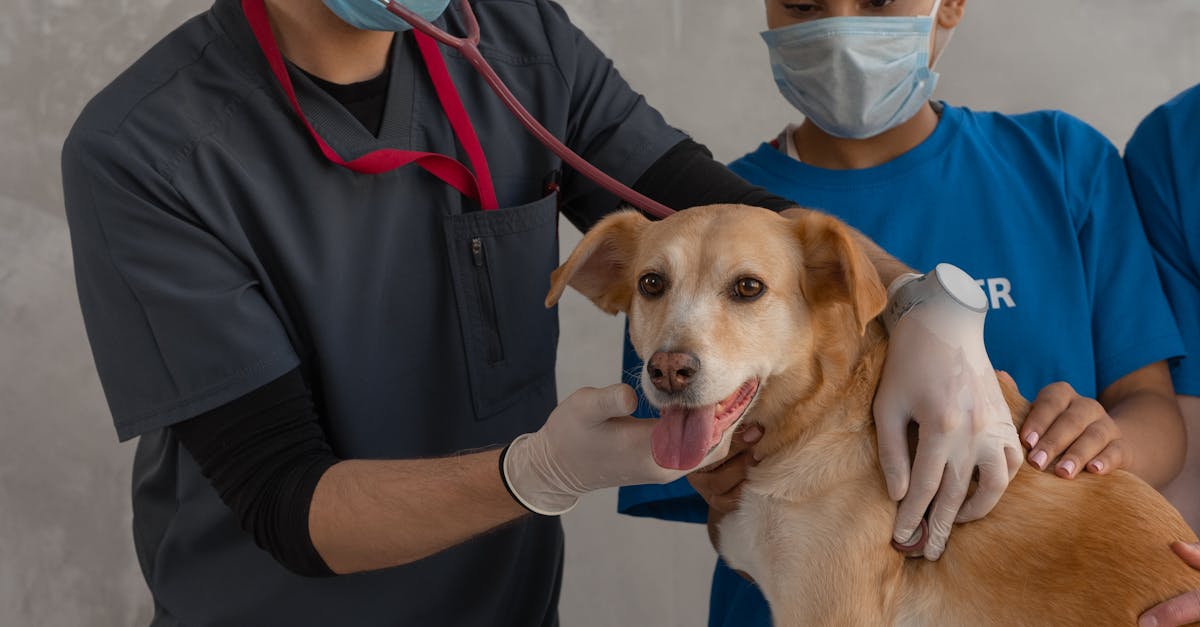The Unseen Risks of Pet Antibiotics
You’d be surprised how many pet owners are unaware of the potential harms that antibiotics can pose to their furry friends. Personally, I’ve found that many people assume antibiotics are a universal cure-all for any ailment their pet might have. It’s common knowledge that antibiotics can be lifesavers, but what’s fascinating is the risks associated with their misuse.
Understanding the Role of Antibiotics
Antibiotics are powerful medications designed to fight bacterial infections. They work by killing bacteria or preventing them from multiplying. However, it’s worth mentioning that antibiotics are not effective against viral infections, fungal infections, or parasites. This is a little-known fact that often leads to misinformed decisions.
When Are Antibiotics Necessary?
- Bacterial Infections: Conditions like urinary tract infections, certain types of pneumonia, and skin infections.
- Post-Surgical Care: To prevent infections after surgeries.
- Severe Wounds: Deep cuts or bites that may become infected.
On that note, it’s clear that antibiotics are crucial in many scenarios. But, what’s surprising is that they can also cause harm if not used correctly.
The Dangers of Misusing Antibiotics
Antibiotic Resistance: A Growing Concern
Interestingly enough, one of the most significant risks of antibiotic misuse is the development of antibiotic-resistant bacteria. If you’ve ever wondered why some infections become harder to treat over time, this is a primary reason. I’ve been meaning to highlight this issue because it’s not just a human health concern; it affects our pets too.
How Does Resistance Develop?
- Incomplete Courses: Not finishing the prescribed antibiotic course.
- Unnecessary Use: Using antibiotics for non-bacterial infections.
- Overuse: Frequent use of antibiotics when not needed.
From my point of view, the rise of antibiotic resistance is a silent crisis that demands attention. I can’t help but think about the future implications if we don’t take this seriously.
Side Effects: Immediate and Long-Term
Common Side Effects
It’s funny how we often overlook the side effects of medications, assuming they’re minor or temporary. However, antibiotics can have a range of side effects, some of which can be severe.
- Gastrointestinal Issues: Diarrhea, vomiting, and loss of appetite.
- Allergic Reactions: Rashes, itching, or more severe reactions like anaphylaxis.
- Behavioral Changes: Lethargy or hyperactivity.
Long-Term Consequences
- Gut Health: Antibiotics can disrupt the natural flora of the gut, leading to long-term digestive issues.
- Immune System: Overuse can weaken the immune system, making pets more susceptible to infections.
If you ask me, the potential for long-term harm is something every pet owner should be aware of. I was struck by how many people are unaware of these risks.
Preventing Harm: Best Practices for Pet Owners
Consult Your Veterinarian
As someone who has seen the impact of both proper and improper antibiotic use, I’d like to share some best practices. First and foremost, always consult your veterinarian before administering any medication. They can determine whether antibiotics are necessary and prescribe the correct dosage.
Questions to Ask Your Vet
- Is an Antibiotic Necessary?: Ensure it’s needed for a bacterial infection.
- Correct Dosage and Duration?: Follow the vet’s instructions precisely.
- Possible Side Effects?: Know what to watch for and how to mitigate them.
Follow the Prescription
It’s clear that following the vet’s prescription to the letter is crucial. This includes:
- Completing the Full Course: Even if your pet seems better.
- Proper Storage: Keep antibiotics in a cool, dry place.
- Monitoring: Watch for any side effects or changes in behavior.
Alternatives to Antibiotics
Natural Remedies
Sometimes, antibiotics might not be the best solution. There’s something to be said for exploring alternative treatments.
- Probiotics: To maintain gut health.
- Herbal Supplements: Some have antibacterial properties.
- Proper Nutrition: A balanced diet to support the immune system.
Preventive Measures
- Regular Check-Ups: Early detection of potential issues.
- Vaccinations: To prevent infections in the first place.
- Hygiene: Regular grooming and cleaning to avoid infections.
If you’ve ever had to deal with a sick pet, you might relate to the feeling of wanting to do everything possible to help them. Sometimes, the best help is prevention.
Real-Life Stories: Lessons Learned
A Cautionary Tale
Here’s a quick story about a pet owner who learned the hard way. Picture this: A dog named Max had a minor skin infection. His owner, thinking antibiotics were a quick fix, administered leftover antibiotics from a previous prescription. Max’s condition worsened, leading to a severe allergic reaction and a trip to the emergency vet.
What Went Wrong?
- Incorrect Medication: The leftover antibiotics were not suitable for Max’s condition.
- Dosage Issues: The dosage was not appropriate for Max’s current weight and health status.
- Lack of Vet Consultation: The owner did not consult the vet before administering the medication.
This story reminds me of the importance of professional guidance. From what I’ve seen, many such incidents could be avoided with proper veterinary care.
A Success Story
On a more positive note, here’s a story of a cat named Bella. Bella had a bacterial infection and her owner followed the vet’s prescription meticulously. Bella recovered fully, with no side effects or complications.
Key Takeaways
- Vet Consultation: Ensured the correct diagnosis and treatment.
- Following Instructions: Adhering to the prescribed dosage and duration.
- Monitoring: Keeping an eye on Bella’s health and reporting any changes to the vet.
It’s clear that proper antibiotic use can lead to successful outcomes. I’ve always thought that the key to a pet’s health lies in informed and responsible care.
Final Thoughts: Your Pet’s Health is in Your Hands
In my own life, I’ve seen the profound impact that responsible pet care can have. It’s funny how a little knowledge can make a big difference. If you ask me, the best way to ensure your pet’s health is to stay informed and consult professionals.
What’s Next?
- Stay Informed: Keep learning about pet health and medications.
- Consult Your Vet: Always seek professional advice before administering any treatment.
- Preventive Care: Focus on preventive measures to reduce the need for antibiotics.
I couldn’t help but notice that informed pet owners tend to have healthier, happier pets. So, let’s dive into this journey of responsible pet care together. Your pet’s health is worth it.
Thank you for reading! If you found this post helpful, feel free to share it with other pet owners. 🐾
Disclaimer: This blog post is for informational purposes only and does not substitute professional veterinary advice. Always consult your veterinarian for any health concerns regarding your pet.












